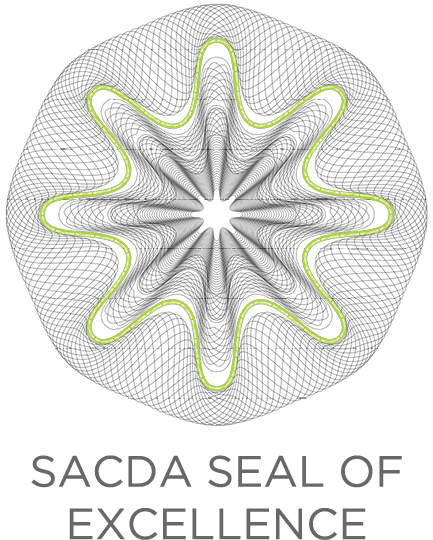Original Research
Exploring the construct validity of the Career Well-being Scale for its potential application as a career development tool in the coronavirus disease 2019 pandemic career space
Submitted: 24 May 2021 | Published: 08 September 2021
About the author(s)
Melinde Coetzee, Department of Industrial and Organisational Psychology, College of Economic and Management Sciences, University of South Africa, Pretoria, South AfricaNadia Ferreira, Department of Human Resource Management, College of Economic and Management Sciences, University of South Africa, Pretoria, South Africa
Ingrid L. Potgieter, Department of Human Resource Management, College of Economic and Management Sciences, University of South Africa, Pretoria, South Africa
Abstract
Background: There is limited empirical research on the construct and measurement of career well-being. Individuals’ career well-being is of great relevance in counteracting the unsettling effect of the coronavirus disease 2019 (COVID-19) pandemic, and the concomitant shift into increasing remote and digital means of working.
Objective: The aim of the study was to explore the construct validity of the career well-being scale (CWS) and its usefulness as a career development tool in challenging circumstances such as the COVID-19 pandemic.
Method: The CWS was administered to (N = 290) managers (71%) and staff (29%) employed in the services industry across South Africa (70%), Europe (15%) and Africa (15%). The construct validity of the CWS was explored by means of confirmatory factor analysis.
Results: The results corroborated the three-factor multidimensionality of the CWS and that the scale has a hierarchical structure (i.e. the three sub-scale factors can be represented by a higher level factor of career well-being).
Conclusion: This study contributed to the career development research literature by validating the usefulness and multidimensionality of the CWS for the study sample. The CWS may potentially be useful in career development interventions focused on restoring clients’ perceived loss of autonomy and work volition when facing adversity and career distress.
Keywords
Metrics
Total abstract views: 2612Total article views: 3323
